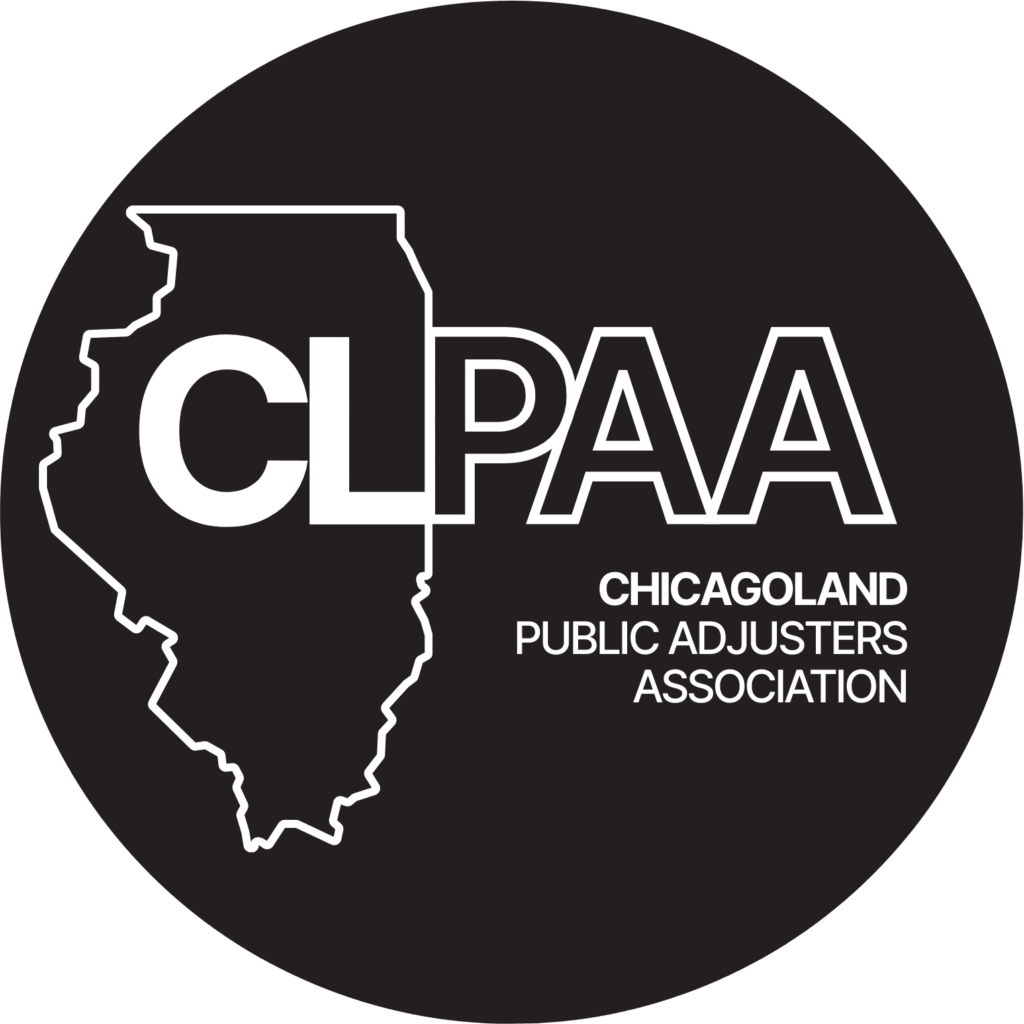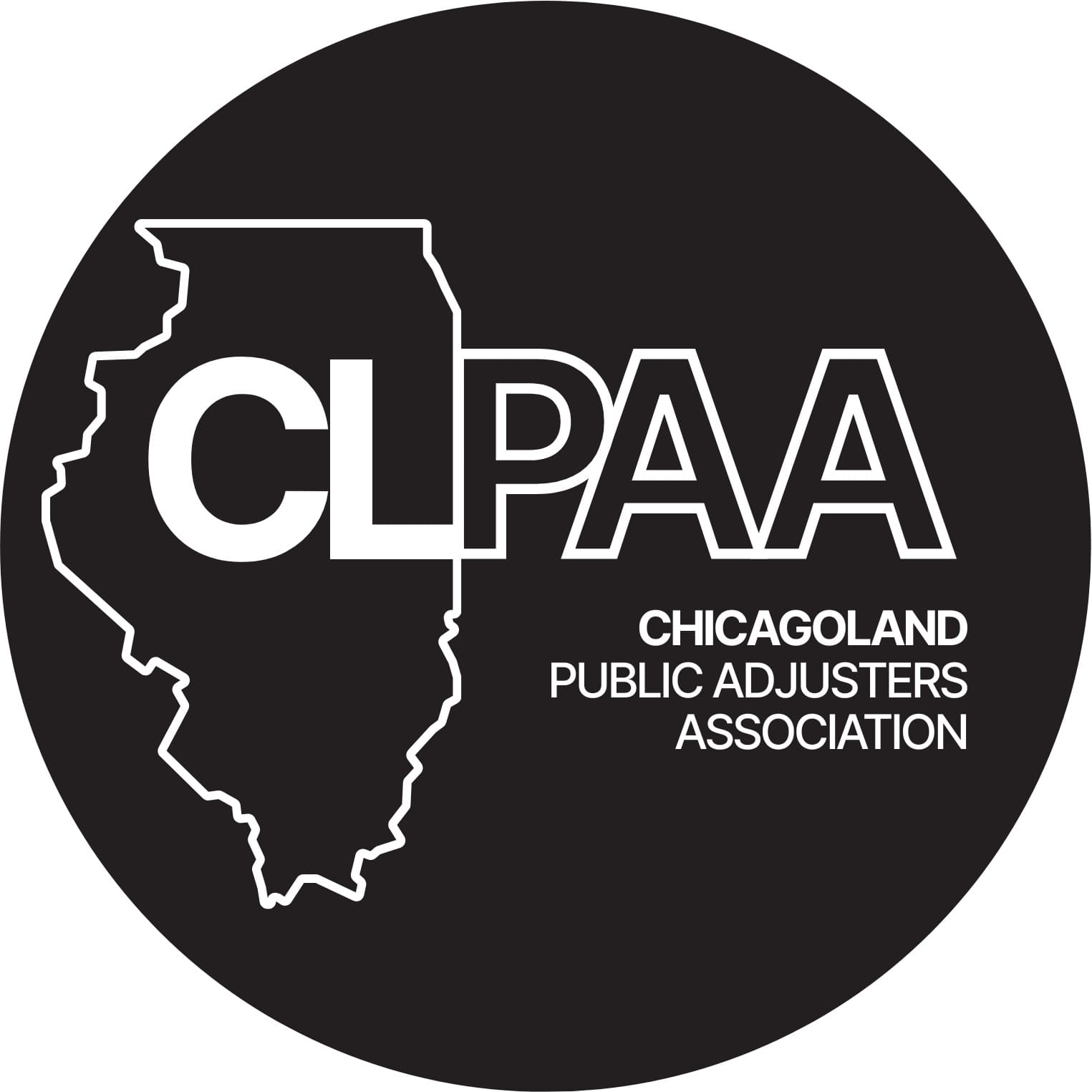
People get insurance coverage to protect their property in case it suffers damage. Elements such as water, fire, or even unpredictable weather can damage your property. However, it can be incredibly difficult for policyholders to file claims on losses, especially large and complex ones. This is one of the many reasons people hire public adjusters to handle their claims.
In this blog post, we will help you understand the types of property claims a public adjuster can help you with.
Who is a Public Adjuster?
A public adjuster is a trained and licensed professional who handles your claim on your behalf. They handle the entire process of filing the claim and collating evidence. They also negotiate the settlement. Sometimes, they oversee the restoration of your property.
Hiring a public adjuster helps to save you time as they can speed up the claims process. They have the knowledge and experience to deal with insurance companies. This means they spend less time on certain issues. They also help to break down any complex terms in your insurance policy. This way, you can better understand your rights and benefits.
They help you evaluate the damage to get estimates for repairs. They then use this amount to negotiate your settlement with the insurance company. Insurance companies are notorious for offering low payouts. Thankfully, public adjusters are skilled at negotiating. They will represent your best interests and help you get a fair settlement.
What Types of Claims Can a Public Adjuster Handle?
Here are the claims that public adjusters can help you with as a property owner:
It is common for homes to run into some trouble with plumbing and develop water damage as a result. However, water damage is not limited to plumbing issues. Your homeowners’ insurance may also cover damage by rain, lightning, or flood. However, you will most likely have to buy additional coverage for flooding.
Homeowners’ insurance usually covers common causes or effects of water damage. Examples are malfunction of appliances, mold, and bad plumbing. This can manifest in several ways. For example, it is common for pipes to freeze and burst during winter. Sometimes, drains get clogged and cause flooding in your home. Your insurance policy will most likely cover these types of damage.
Insurance coverage for water damage is often limited to accidental or unexpected damage. Damage caused by your negligence is usually excluded. For example, if you knew you needed to fix a pipe or tap but refused to until it caused your floorboards to rot. You will most likely not receive compensation for the cost of repairs. This is because that damage is different from unexpected damage such as your toilet suddenly flooding your home.
Water damage claims are notoriously difficult to deal with alone. This is because insurance companies can argue that the damage was pre-existing or as a result of your negligence. They can get away without paying a settlement in that scenario. Having a public adjuster can help you navigate these tricky issues. They help to reduce the chances of the insurance company disputing your claim. Public adjusters can also determine the extent of the damage. Unknown to most people, water damage often runs deeper than what you see on the surface. Your adjuster will then use the cost of repairs to negotiate a higher settlement for you.
A standard homeowners’ insurance policy contains fire insurance. This ensures financial protection if a fire causes loss of or damage to your property. This policy often covers common causes of fires such as wildfire, candles, and grease. Fires caused by electrical appliances malfunctioning are also often covered.
Your policy will never cover arson. Arson refers to the act of deliberately setting your property on fire. It is a crime and you cannot create a contract based on a crime. Furthermore, the company may deny your claim if your negligence causes the fire.
Some policyholders believe they will always get a fair settlement for fire damage claims. However, insurance companies often refuse to mention some benefits. For example, most fire insurance policies allow for additional living expenses. This is the extra money you have to spend if your home is too damaged to live in. Ordinarily, your insurer is to reimburse you for this. Furthermore, the insurance company will send their adjuster to inspect your home. This is to determine the extent of the damage and the cost of repairs. Their estimate might be different from yours. This can lead to disagreements that slow down your home’s repair process.
Public adjusters will first have a look at your policy to determine your coverage. Your coverage is what determines the damage you can claim. Your adjuster will also explain the limitations of your policy. They will inspect your home to determine the extent of the damage or loss. While doing so, they will collect any needed evidence to support your claim. Lastly, they will facilitate negotiations with the insurance company. This means getting quotes and estimates of repairs from professionals. These quotes and estimates are then used to discuss a higher settlement for you.
Homeowners’ insurance is not limited to damage to property alone. It also often covers theft and vandalism of your property. This usually has three types of coverage. The first is personal property. This coverage ensures that your insurer reimburses you for any stolen personal belongings. These personal belongings could be your furniture, appliances, or even clothing.
You could have personal dwelling coverage which would cover cases of vandalization to your home. For example, you will receive compensation if a burglar breaks down your window or door.
Lastly, your coverage could extend to other structures such as your garage. This means that any damage to those structures will be covered.
You should know you will need a police report to file a theft or vandalism claim. You should also be aware of your policy’s limit. This is because you may need to purchase extra coverage for expensive items. Furthermore, find out if your policy is for actual cash value or replacement cost. Actual cash value considers the depreciation of your stolen property. Replacement cost will entitle you to what it would cost to get a new item.
Theft and vandalism claims can be stressful because there are usually several limits on your policy. However, public adjusters can take that weight off your shoulders. They will ascertain the cause of the damage and break down your policy for you. You will have clarity on what to expect and they will work on getting you the best settlement possible.
The weather can be unpredictable and this often causes property damage. Homeowners’ insurance often covers common extreme weather conditions. Examples are hail, storms, and wind. It also covers cases of external objects damaging your property. For example, if a storm causes a tree to fall and damage your property.
However, there are certain natural disasters you need to purchase extra coverage for. Floods and earthquakes are often excluded from a standard homeowners’ insurance policy. The extra you have to pay will depend on the value of your property. Insurance providers in coastal areas such as Florida also require extra coverage for hurricanes.
Furthermore, you may need to provide the actual date the loss occurred. This is to help your insurer determine whether the weather truly caused the damage.
Your settlement may exclude the cost of clearing up the aftermath of severe weather. Public adjusters can ensure you get the best deal possible to prevent further financial and emotional strain.
- Structural Damage Claims
Homeowners’ insurance policies usually cover damage to the structure of your home. However, the damage must be caused by a specific event that is ordinarily covered by your policy. For example, let’s say your policy covers fire damage, and a fire damages your home’s structural integrity. Your insurance policy will cover the cost of repairs or replacement.Structural damage could also include foreign objects causing damage to your home. For example, a car hitting your home, an object falling from the sky, or a tree falling on your home.
Insurance companies generally avoid covering damage that is a result of wear and tear. They also do not cover any damage that your negligence caused. Therefore, you must be able to prove that an event your policy covers caused the structural damage
Furthermore, the structural damage must be significant. This means that it must require extensive repair to avoid rot or collapse. Contact a public adjuster if you are unsure of the damage’s significance or your policy’s coverage. The answers will be present in your policy. The adjuster will also discuss with your insurance provider to determine your benefits. They will do this on time to avoid your home falling into disrepair from the damage.
What Is the Claims Process Like?
The claims process is usually kick-started by contacting your insurance provider. This is because the policyholder has to inform their insurer when they suffer a loss. Filing your claim usually entails filling out a claims form. You will also need to attach any required documentation or evidence. For example, you might need to provide a police report.
You may need to seek temporary accommodation if your home requires extensive repairs. Ensure you are documenting your additional living expenses during this period. You should also keep your insurance provider in the loop.
The insurance adjuster will most likely pay you a visit to inspect the damage. This is to provide the insurer with an estimate. Your insurer will offer you a first settlement. Remember, you can always reject it and negotiate a higher settlement. This negotiation could go on for months. Once there is an agreement, they will write you a check for the agreed amount.
A public adjuster handles the claims process more efficiently than the average policyholder. You can hire one if you want a higher settlement or do not want to deal with the stress of processing a claim.
Why Hire a Public Adjuster?
Here are some reasons you should consider hiring a public adjuster to handle your claims:
Faster Settlements
Remember that public adjusters are highly trained professionals. They are knowledgeable about insurance policies and laws and are familiar with the claims process. They will be able to fly through any issues that might trip a policyholder up.Negotiation
Public adjusters develop negotiation skills from all their training. This means they will discuss with the insurance company to make sure your settlement is fair.Representation and Advocacy
Hiring a public adjuster means you have a representative throughout the claims process. They will always advocate for your best interests. Your adjuster will prevent the insurance company from sidelining your needs. This is especially important when they are calculating your settlement.- Interpretation of Complex Policies
Insurance policies are often bulky and filled with industry jargon. A public adjuster can simplify them and help you understand what your policy contains.
Conclusion
There is no claim too complex or difficult for a well-seasoned public adjuster to handle. Public adjusters can handle property claims that cut across different insurance types. You should consider hiring one for ease and a chance at a higher settlement. The cause of the damage is irrelevant because public adjusters can handle all claims for you.
That property claim looks heavy, allow us to take it off your hands and give you some relief. We offer a free consultation for first-timers at On-Site Adjusting. Contact us here to get started today.











